What is Major Complications of Dialysis | Dialysis in Haryana
Dialysis is a lifesaving procedure for patients suffering from idney failure. Dialysis involves filtering waste products and excess fluids from the blood when the kidneys can no longer function properly. However, just like any other medical intervention, dialysis can carry potential complications.
In this blog post, we will learn more about these complications, which can thus help the patient along with their families in making informed decisions regarding dialysis care and managing any challenges that may therefore arise.
Common Complications Of Dialysis
Dialysis is a life-saving procedure for those with kidney failure, though, like everything else, it comes with certain complications. Here are the most common complications that can be mild, severe, common, or not so common and depend on the type of dialysis, the underlying cause of kidney failure, and the client's general condition:
-
Infection: Any type of access for dialysis, such as fistulas or grafts, is susceptible to infections. These infections may give rise to itching pain along with redness and swelling, fever, and, in severe cases, even sepsis. Hygiene must be followed, access sites must be monitored regularly, and any signs suggestive of an infection must be promptly treated.
-
Hypotension: This is one of the most common complications of dialysis. It simply means that the patient experiences low blood pressure. This would be due to the high and rapid amount of fluid removed that causes dizziness and lightheadedness, nausea, fainting in severe conditions, and, worst case scenario, can even cause cardiac arrest. Increasing the amount of fluid before dialysis, slowing down the rate of dialysis, and certain drugs for support of high blood pressure control hypotension.
-
Electrolyte Imbalances: Dialysis can induce electrolyte loss, including potassium and sodium. This can cause muscle weakness, palpitations of the heart, and even seizures. In extreme cases, it might result in cardiac arrhythmias, respiratory failure, and even death. Electrolyte imbalances can be monitored, and the treatment process can be fine-tuned to help control them.
-
Fluid Overload: Fluid overload happens if the body cannot remove excess fluids between treatments. Fluid overload causes swelling, shortness of breath, and high blood pressure. In extreme instances, fluid overload can cause heart failure or pulmonary oedema. Fluid restrictions, adjustment of the process in dialysis, and diuretics reduce fluid overload.
-
Dialysis Disequilibrium Syndrome: This is a rare condition that may be experienced in the early period of dialysis. This is a rapid change in the brain’s chemistry leading to confusion, headaches, and convulsions. The syndrome of dialysis disequilibrium can lead to coma or even death in severe conditions. A gradual increase in dialysis time and monitoring signs can prevent it.
Managing Dialysis Complications
Effective management of dialysis-related complications can prevent dangerous complications and ensure a good quality of life. Here are some ways that can help with managing common complications in dialysis:
-
Regular Monitoring: Monitoring all the patient's vital signs, along with blood tests and dialysis parameters, is very crucial to establish early detection and management of complications. This would involve regular checks of blood pressure, heart rate, electrolyte levels, and dialysis flow rates.
-
Follow-up of treatment plan and avoidance of complications: Avoidance of complications from dialysis depends on following a routine dialysis schedule, fluid restriction, and medication schedule. The latter includes attending the scheduled sessions of dialysis along with either fluid intake as instructed or adherence to scheduled doses of medication.
-
Open Communication with Healthcare Providers: The nephrologists, dialysis nurses, and others may be communicated to for the expression of concerns while providing top-notch care and implementing changes in the treatment plan as necessary. This may be due to a change in symptoms, queries related to the dialysis procedure, fear of complications arising, and more.
-
Lifestyle Changes: Multiple lifestyle changes will prevent complications and lead to an enhanced lifestyle. Some of these changes include the adoption of healthy dieting, regular exercise, managing stress, and avoiding excessive alcohol consumption.
-
Emergency Preparedness:Since emergencies or complications may occur at any given time, there must always be an emergency action plan prepared and in place to handle them well so that complications can be minimised and immediate medical treatment attained. This may include carrying contact information during emergencies and knowing the location of the nearest emergency room, such as understanding their warning signs.
Dialysis in Haryana At SS Kidney And Urology Hospital
SS Kidney and Urology Hospital in Haryana, is one of the leading kidney hospital in Gurugram and Rewari providing all-around dialysis care. Our state-of-the-art facility is equipped with the latest technology and staffed by a team of highly skilled and experienced healthcare professionals dedicated to providing compassionate and personalised care to patients with renal diseases. Apart from dialysis, we also offer other associated facilities for kidney disease patients like kidney transplants, stone management, and prevention of chronic diseases to the kidneys.
If you or someone you know requires dialysis treatment, consider SS Kidney and Urology Hospital. We are dedicated to helping patients achieve the best possible quality of life.

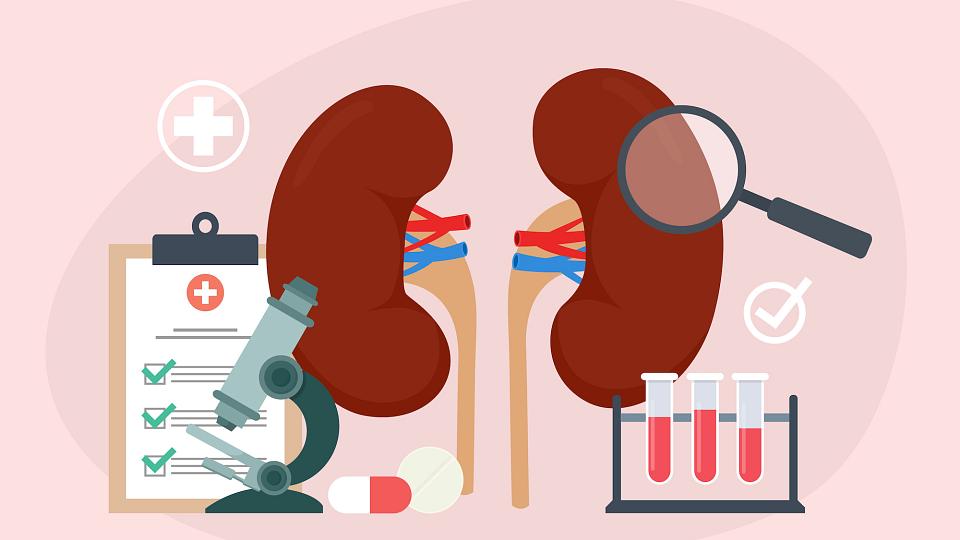


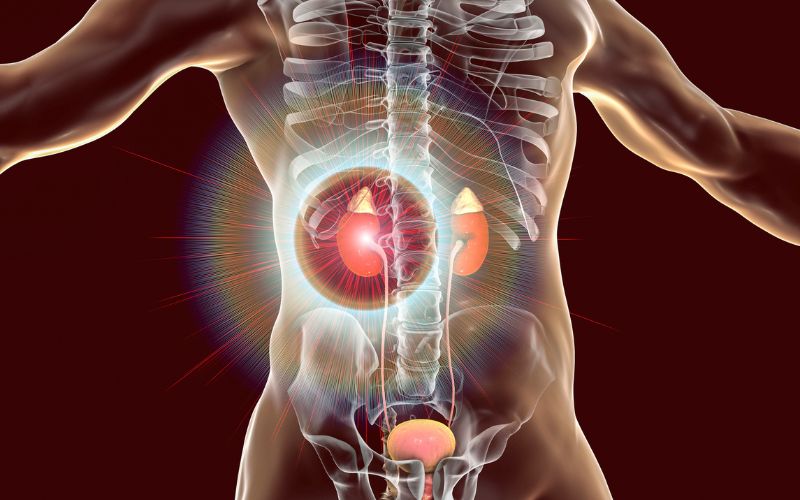
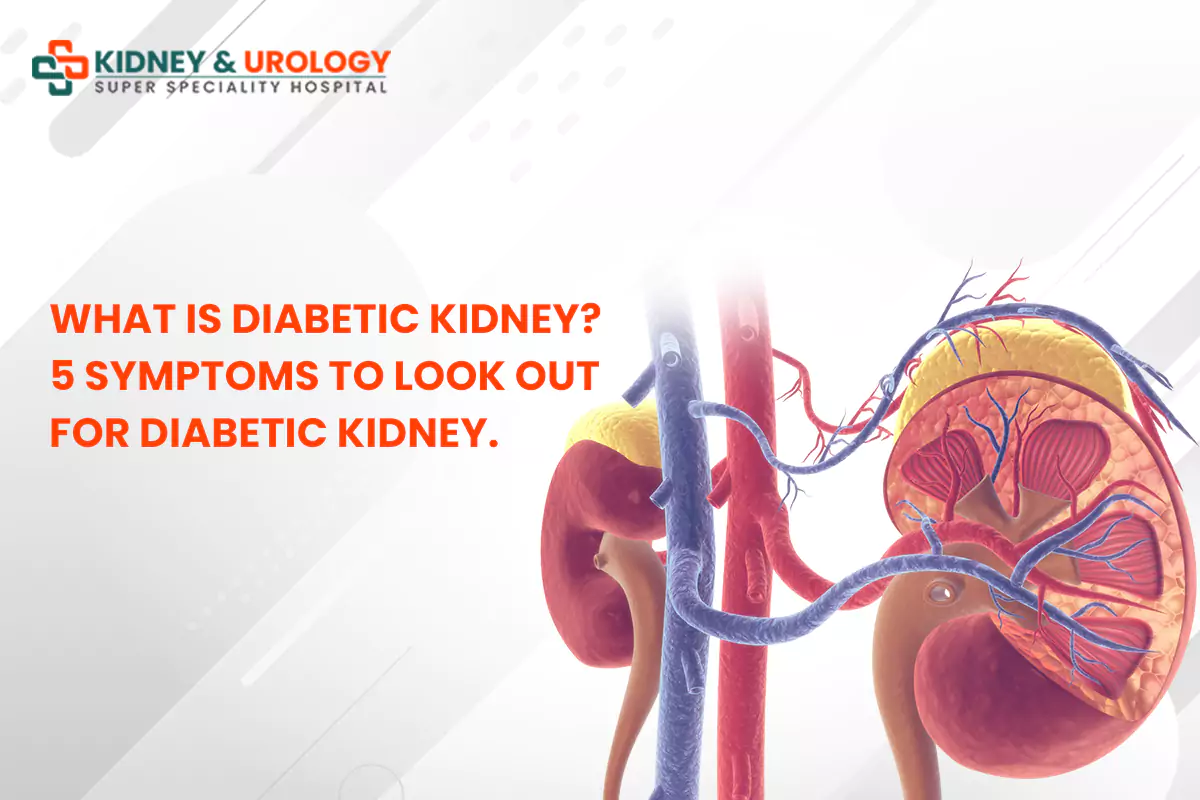
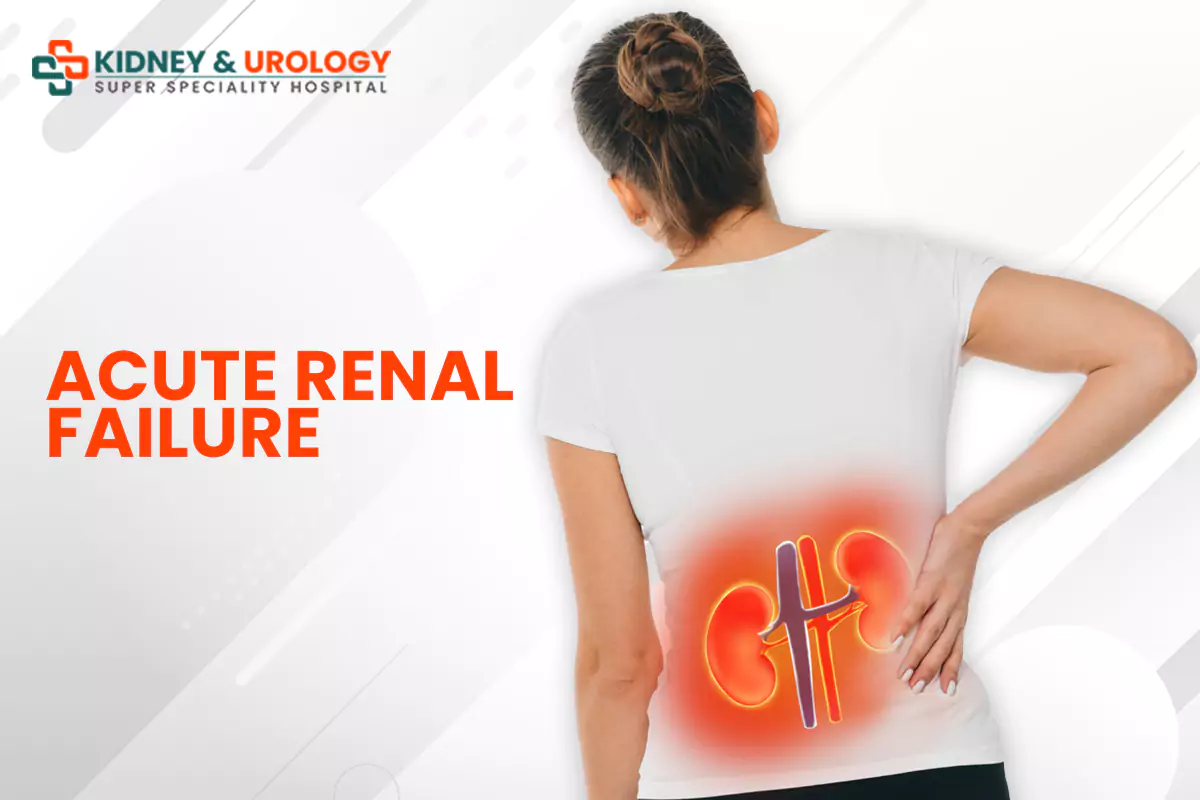


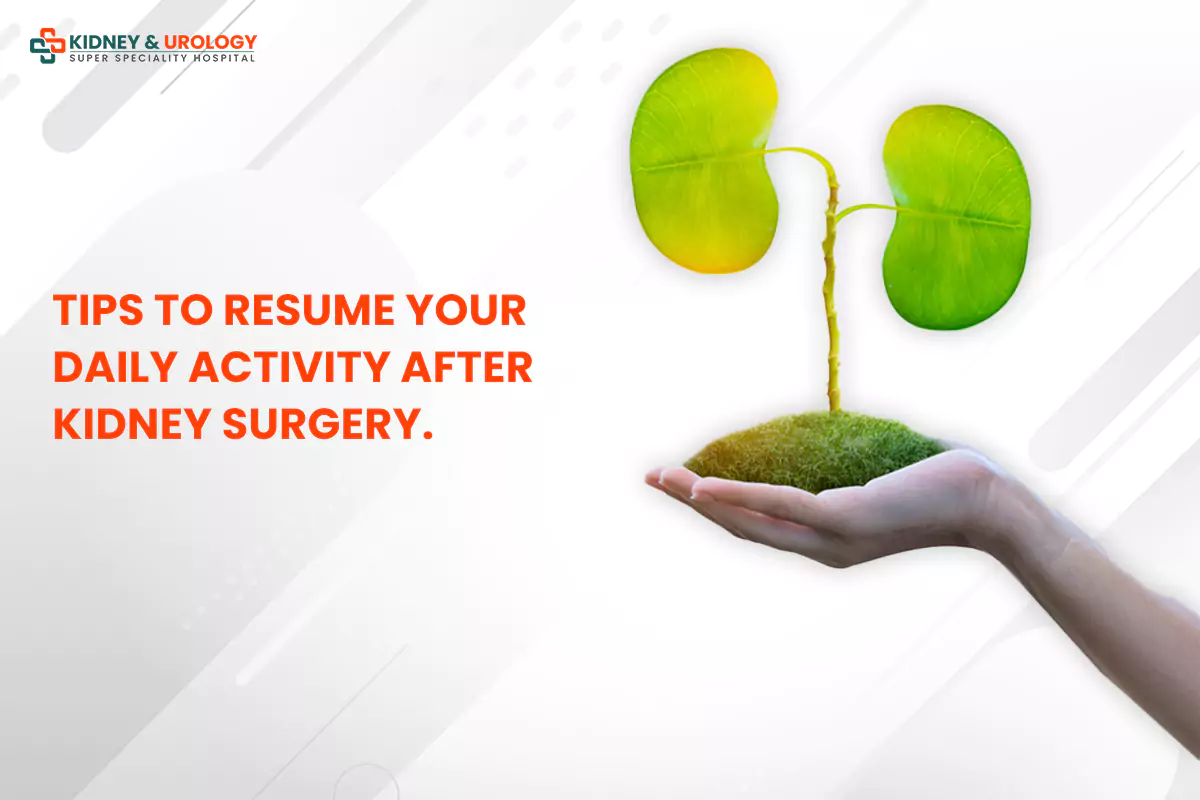




Request A Callback